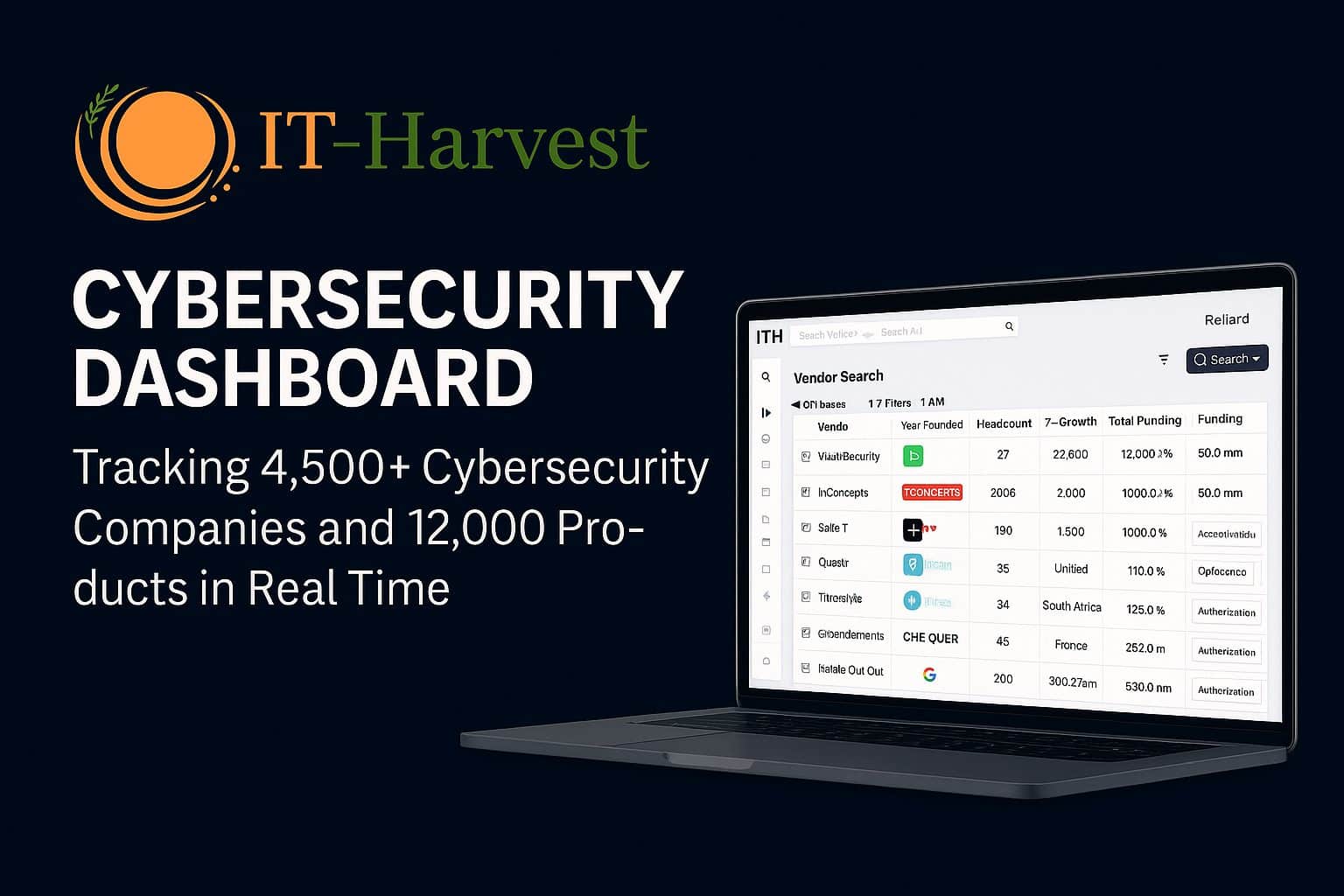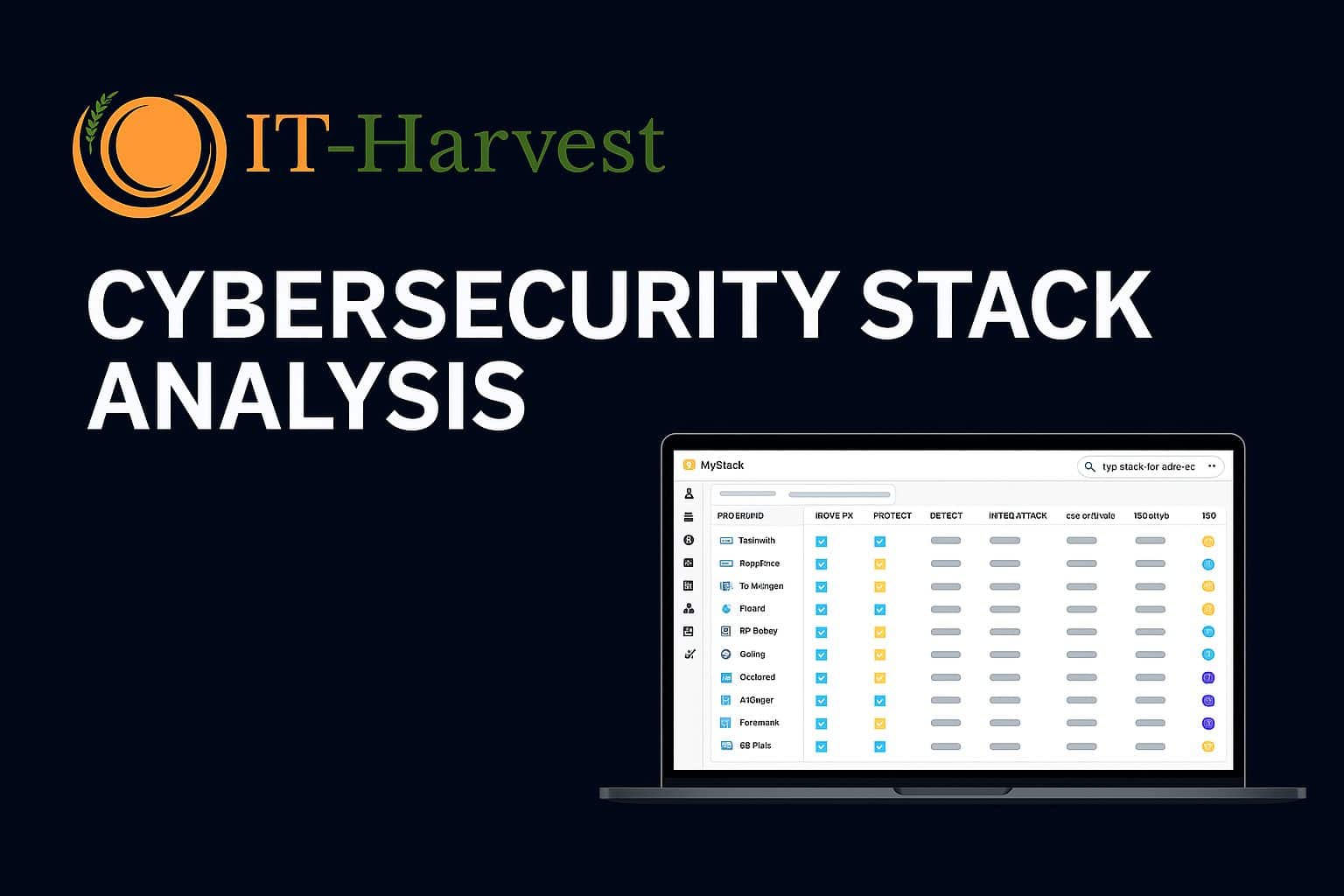SAN FRANCISCO – Evan Robertson won his school science fair this year by proving just how thoughtless people can be on public Wi-Fi networks.
Evan, now 11, programmed fake Wi-Fi portals and took them to food courts shopping centers across the Austin, Texas, area and waited to see how many agreed to some pretty outrageous conditions. For the love of free internet access, they’d have to give their OK for the Wi-Fi owner to do things like “reading and responding to your emails, monitoring of input and/or output, and ‘bricking’ of your device.”
More than half of the shoppers shown these terms accepted them.
Attention holiday shoppers: public Wi-Fi networks are dangerous, especially during the Christmas season when so many people in one spot make for easy pickings, says Don Duncan, a security engineer with NuData Security.
The past 12 months, full of cyberattacks, showed just vulnerable we all are. Yahoo, for example, revealed the worst data breach in history after hackers grabbed the names, phone numbers and birth dates from 500 million user accounts. Ransomware made headlines when peopledemanded $3.4 million to unlock a Los Angeles hospital’s computer and tried to extort $73,000 from San Francisco’s Municipal Transit Agency. And over the summer, electronic intruders made off with emails sent by members of the Democratic National Committee and Hillary Clinton’s election campaign.
Think of public Wi-Fi as hackers’ on-ramp to the rest of us, giving them free rein to collect our usernames and passwords and read our texts and emails. It’s why Evan’s fake terms and conditions might be the most honest out there, since hackers can do just about everything on his list.
Take it from Amihai Neiderman, of Tel Aviv, Israel, who spent a day devising an attack that let him intercept the traffic of anyone connecting to the city’s free Wi-Fi network.
“Every piece of data, I could potentially read it,” he said. That research, which Neiderman did in his free time, helped him land a job with Equus, a company that helps governments hack individuals through Wi-Fi portals as part of their investigations.
To read the rest of this column by Laura Hautala of CNET, click on https://www.cnet.com/news/dont-let-free-wi-fi-wreck-the-holidays/?ftag=CAD2e9d5b9&bhid=20102274281679224800074149012732






